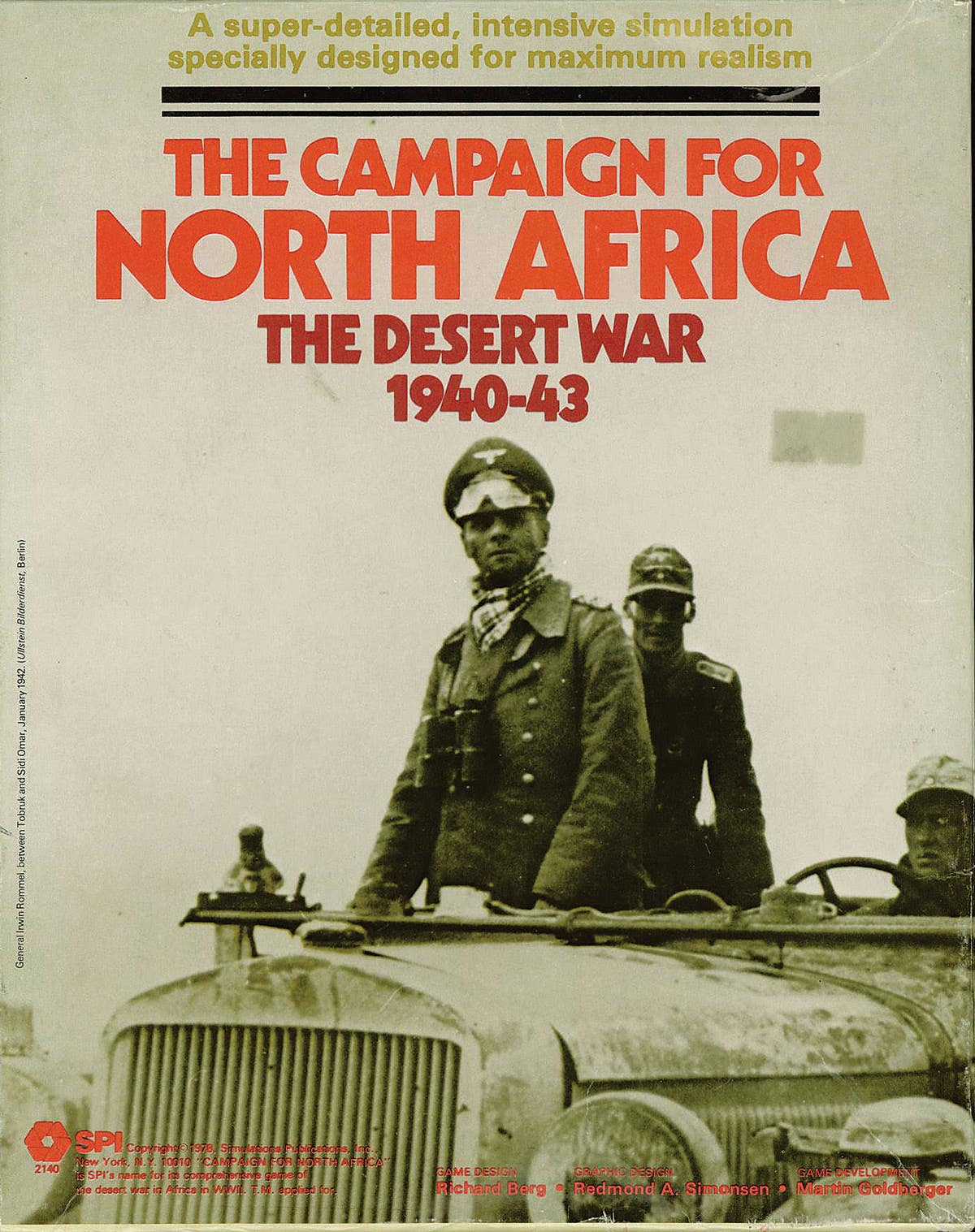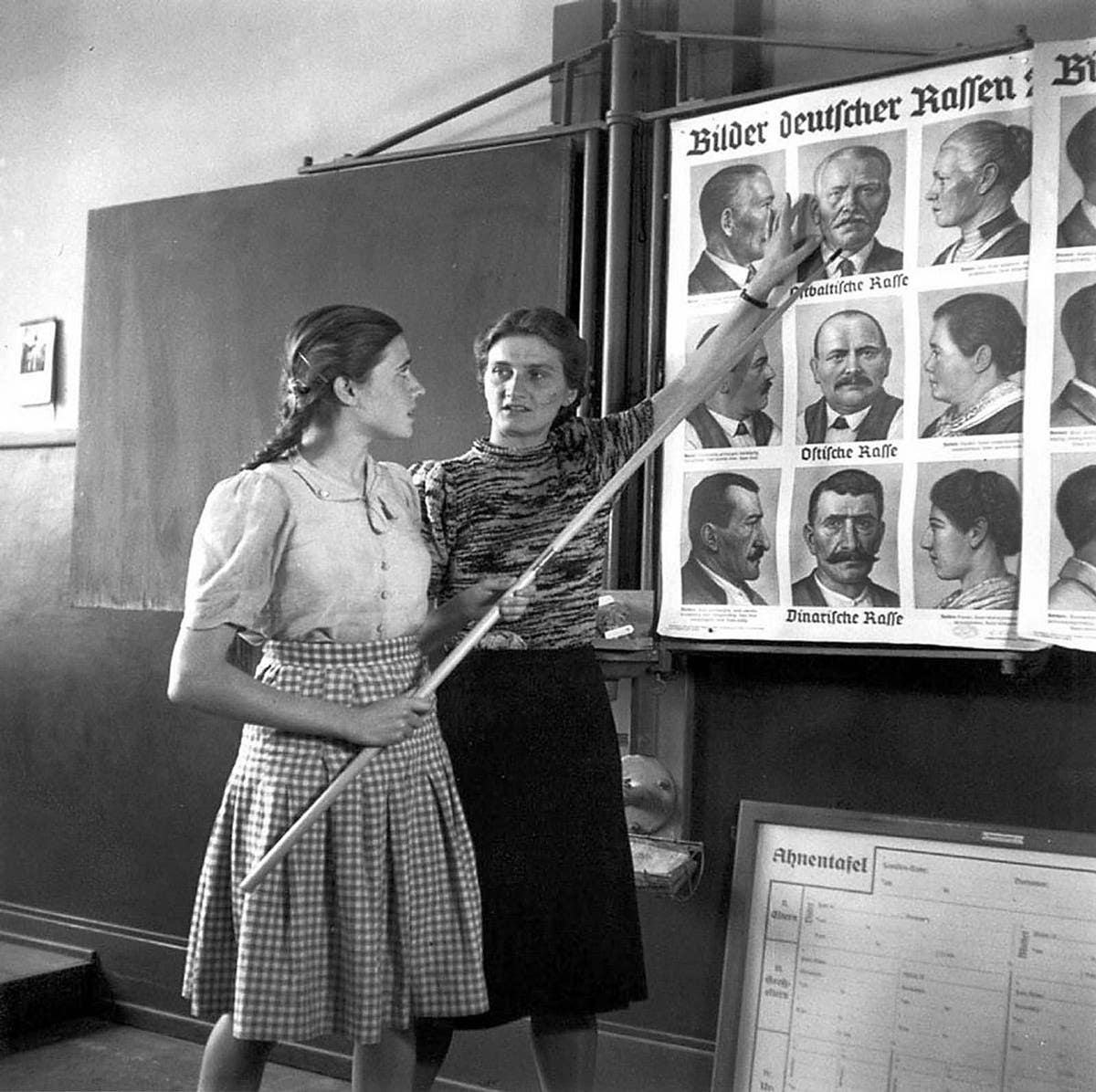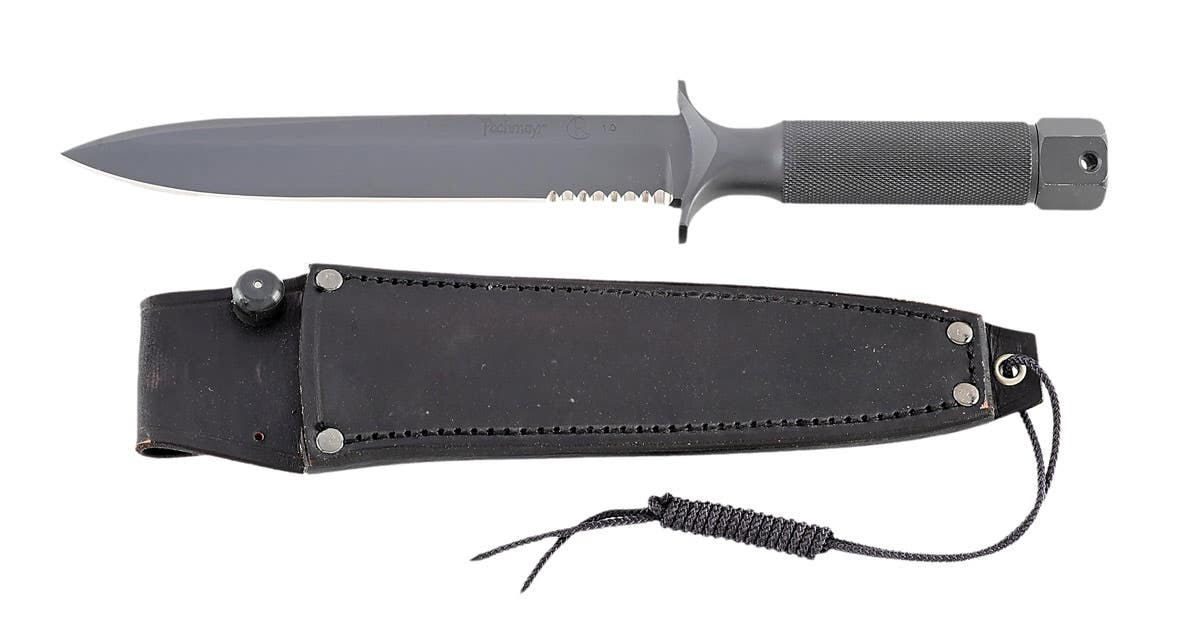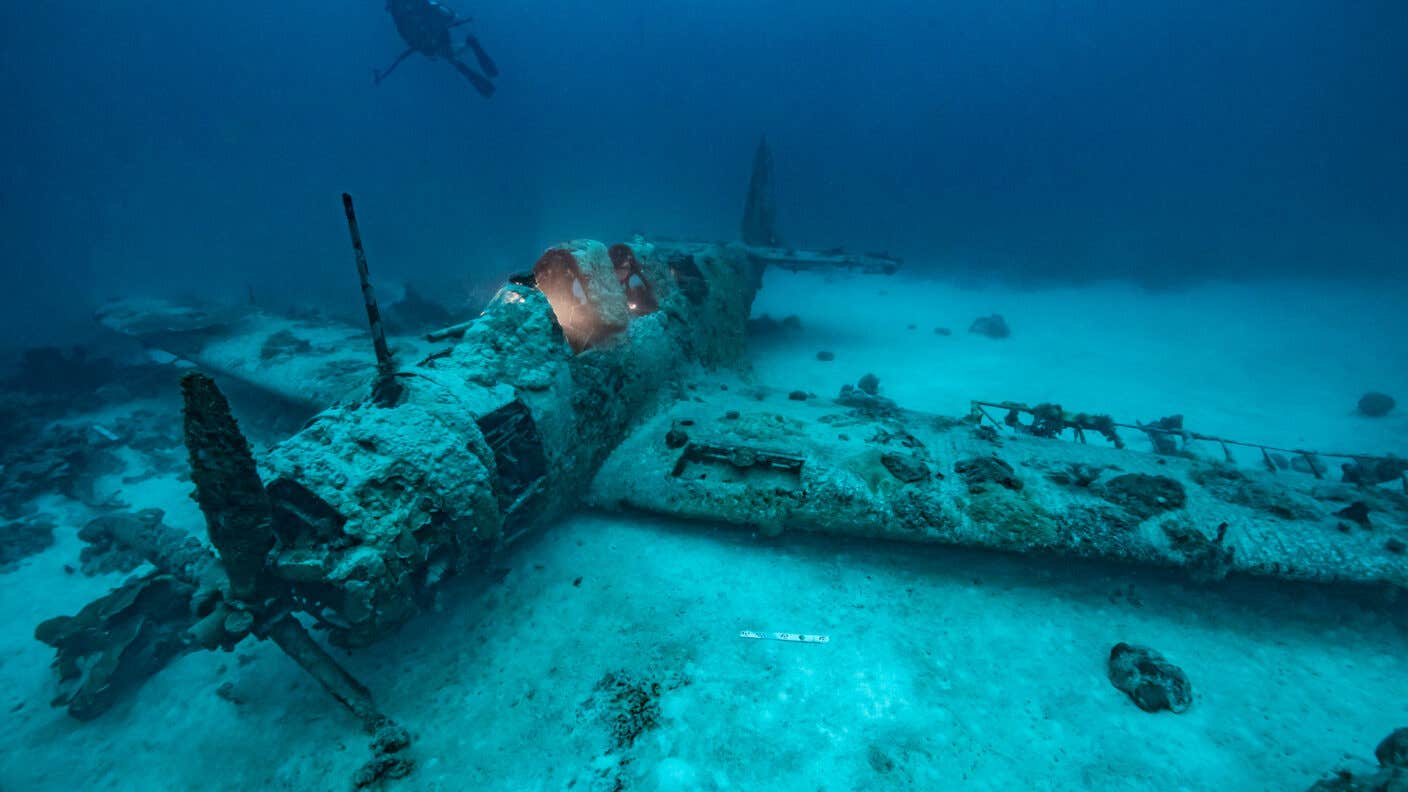MT talks with Ron Werneth
Heritage led to an interest in WWII militaria, veterans.
March 25, 2010
By Andrew Turner
The passion to collect is often set in motion in youth and is influenced by a family member. Ron Werneth began with Elvis Presley vinyl records, in addition to militaria. “I guess it stems from my father who was a long time postage stamp collector and dealer,” said Werneth. “He also had a passion for military history and our veterans.”
Werneth’s grandfather and great-grandfather were German military veterans, and he is fortunate to have known them both. “My great-grandfather survived both WWI and WWII as a member of the Wehrmacht,” Werneth said. “He spoke to me about his experiences in WWI—especially about the hardships the troops endured.” His grandfather fought on the Eastern Front in WWII where he was wounded several times, but rarely talked about his experiences.
After the war, Werneth’s grandparents immigrated to the United States. “They lost everything in the war —home, land, family members—and came to the States with nothing,” Werneth said. “They rebuilt here and my father was proud of our family roots.”
Werneth’s heritage led to his interest in WWIImilitaria and meeting veterans. “I gradually became more and more interested in the Japanese side of the Pacific War, and the country’s airmen, because there were very few English-language books about them—especially in the veterans’ words,” he said. “This pushed me to research on my own and ultimately move to Japan to interview and record the stories of Japan’s ‘elite’ WWIINavy airmen.” After a decade long endeavor, Werneth completed his acclaimed book: Beyond Pearl Harbor: The Untold Stories of Japan’s Navy Airmen (www.beyondpearlharbor.com).
Werneth feels collecting militaria is a chance to get close to the veterans and personally preserve a piece of history. “Sadly, artifacts are often lost or thrown away—especially after a veteran passes away,” he said. “I think it is vital collectors preserve these items to assist future generations in learning about all wars and veterans of different countries.”
WWII Japanese Navy airmen, and aircraft mechanic items such as flight gear, insignia, and headgear, are Werneth’s collecting forte, but he recently expanded to other areas of concentration. “I have developed a strong interest in both Vietnam helicopter units and K-9 handlers,” he said. “It saddens me our Vietnam veterans are often forgotten and misunderstood.”
The most cherished pieces of his collection were presented personally by veterans themselves or their families. “After getting these special pieces, I vowed to preserve them,” he said. “Both as a memory of our friendships and with the hope these pieces of militaria will ultimately help teach future generations about their wartime experiences.”
When purchasing militaria, Werneth prefers quality over quantity. “I believe in taking the time to wait until you find the right piece instead of just buying anything that catches your fancy,” he said. “For example, one of my favorite items is a pair of private-purchase WWII-era Japanese Navy pilot goggles.” He said it took more than five years to find the right pair at the right price. “There is no reason to rush,” he said, “unless you know the item is very rare and you may not see it again.”
Building relationships with respected dealers, and other collectors, is important to Werneth. “I am very fortunate to have several collector/dealer friends who I trust, and we’re able to help each other,” Werneth said. “But, this network of contacts took many years to develop.” He said he has met some wonderful people as a result of his research and collecting who have become close friends. “I believe a collector has to follow his/her gut feelings and should never buy anything if there are any doubts about an item or the seller.”
Werneth also stressed the importance of keeping family first. “I am proud of the militaria collection I have put together and treasure the items now in my hands to preserve,” he said. “I love being able to touch history and learn about it, especially from our veterans; however, I think it is important to realize that even though you may passionately collect—never put your hobby in front of your family.”
Werneth said to take the time to research, especially by going to shows and talking to collectors as it provides education that cannot be found in books. “And don’t rush,” he said. “There is no need to rush.”
Book Review by Thomas R. Kailbourn
Beyond Pearl Harbor: The Untold Stories of Japan’s Naval Airmen, by Ron Werneth (ISBN 978-0-7643-2932-6, Schiffer Publishing Ltd., 4880 Lower Valley Rd., Atglen, PA 19310, phone: 610.593.1777, e-mail: Info@schifferbooks.com, Web site: www.schifferbooks.com, or available direct from the author at www.beyondpearlharbor.com. Hardcover, 8-1/2” x 11”, 288 pages, 182 black-and-white photos, 43 color photos, 4 maps, 2008, $59.95).
The personal narratives showcased in this book come largely from pilots, with several accounts from air crewmen. Aside from some of his own narrative sections explaining historical points or filling in the blanks, Werneth lets the aviators tell their own stories. The subjects include six carrier bomber aviators, eight from carrier attack (torpedo bomber) units, and three fighter pilots. Their narratives recount their life stories from their early years through their naval training, combat service, postwar activities, and reflections on the war and their role in it.
Beyond Pearl Harbor is a landmark book in the study of the air war in the Pacific in WWII. Author Werneth deserves great credit for pursuing and completing his quest to collect and publish the stories of some of the last surviving Japanese naval airmen of that war.








